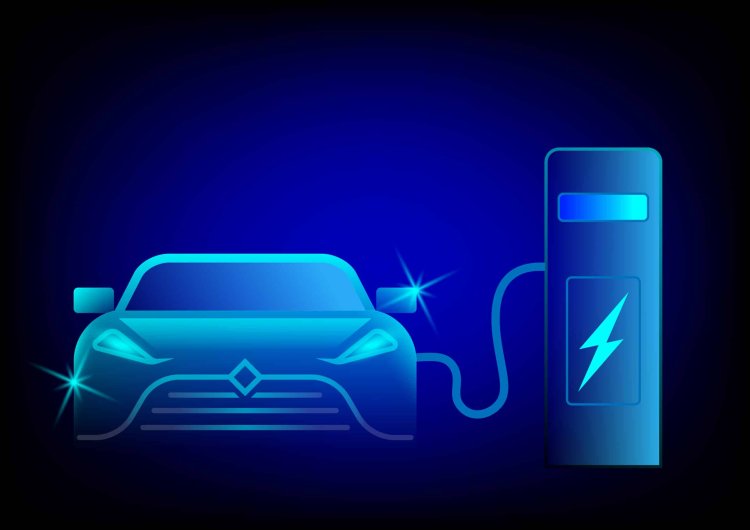Batteries are getting cheaper

Wind, solar, and other green technologies have taught us over the last two decades that as technology advances, clean energy becomes more affordable. Solar energy costs have dropped by 82 percent since 2010, and offshore wind farm expenses have dropped by 39 percent.
The cost of lithium-ion batteries has also dropped dramatically. While it was necessary to spend $ 946 per kilowatt-hour in 2011, it was just $ 132 last year. Electric vehicles have long been predicted to follow the same path. However, even though batteries were less expensive, this had little impact on the prices of electric vehicles (EVs).
According to Cox Automotive, the average price of an electric car in the United States in 2015 was $ 35,880, which was not significantly higher than the industry average of $ 33,543.
However, by December of last year, the average EV price had risen to $ 63,821, an increase of about 80%. Simultaneously, the average price of a combustion car was roughly $47,000.
For nearly a decade, industry analysts have discussed "price parity," or the day when the production of an electric vehicle will cost the same as the production of an internal combustion vehicle.
Then, if battery prices continue to decline, electric automobiles will be even less expensive than regular vehicles. Price parity would be attained, according to analysts, if batteries cost less than $100 per kilowatt-hour.
Despite the fact that battery prices are approaching this level, price parity appears to be a long way off. The demand for electric vehicles has been steadily increasing, but the recent quick rise in gasoline costs, combined with the introduction of new models, has resulted in a surge in interest in EVs.
In the two weeks following Russia's invasion of Ukraine, online searches for new and used EVs nearly doubled.
In several ways, electric vehicles are already less expensive than gasoline vehicles. Consumer Reports, for example, found that many electric automobiles are less expensive than gasoline-powered cars throughout the life of the vehicle.
Electric vehicles may be "refueled" for substantially less than gasoline vehicles, and because they have fewer moving parts, they are also less expensive to repair. However, the prices of electric vehicles remain greater than those of gasoline vehicles. The Hyundai Kona EV 2022, for example, is a small electric SUV with a starting price of $32,000.
The Hyundai Kona 2022 petrol model has a suggested retail price of $ 21,500. So, why are electric cars more expensive and not following the trend of clean technology?
Part of the explanation is that cars have become more expensive in general, and new low-cost vehicles have largely vanished from the market. While more than half of new automobiles sold in the United States were priced under $ 30,000 in 2012, more than half of new cars sold in 2020 will be priced above $ 40,000. Price rises have been exacerbated in the last two years by a lack of semiconductors and general supply chain issues.
This, however, does not provide a whole picture. According to the database of brands, models, and equipment of each vehicle in the US market in 2014, the average cost of an EV model was roughly $ 49,000, while gasoline-powered automobiles cost approximately $ 41,000, an $ 8,000 difference.
Today, an EV costs an average of $ 70,000, whereas a gasoline car costs around $ 48,000, a $ 22,000 difference.
Consumers are currently yearning for crossovers, and because crossovers are frequently more expensive than compact vehicles or sedans, automakers can offer electric automobiles, such as Tesla's Model Y for $63,000, and profit more from them. Furthermore, automakers are equipping their electric vehicles with larger and better batteries, allowing for longer range and contributing to increased prices.




























